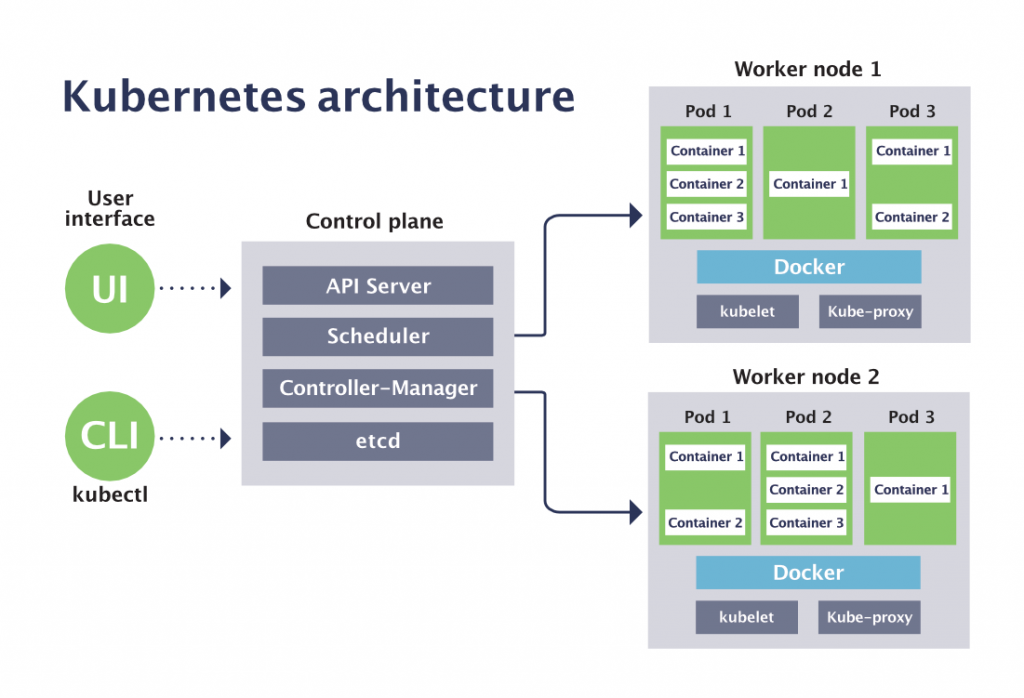
 Oracle EBS (R12) Integration With Identity Cloud Service (IDCS)ĭocker simplifies and accelerates our workflow while giving developers the liberty to innovate with their choice of tools, application stacks, and deployment environments for every project. Oracle EBS (R12) – OAM/OID Integration for SSO. Cloud Infrastructure Automation Certification. Oracle Cloud Infrastructure Architect Associate. Microsoft Azure Data Engineer Certification. AWS Certified DevOps Engineer Professional. AWS Certified Solutions Architect Associate. Docker & Certified Kubernetes Application Developer. Terraform Associate: Cloud Infrastructure Automation Certification. Oracle Integration Cloud: ICS, PCS,VBCS. Oracle EBS (R12) On Oracle Cloud (OCI) – Build, Manage & Migrate. Migrate From Oracle DBA To Cloud DBA with certification. Self – Oracle Cloud Infrastructure Architect Professional. Google Certified Professional Cloud Architect Certification. Designing & Implementing a Data Science Solution. Python For Data Science (AI/ML) & Data Engineers Training.
Oracle EBS (R12) Integration With Identity Cloud Service (IDCS)ĭocker simplifies and accelerates our workflow while giving developers the liberty to innovate with their choice of tools, application stacks, and deployment environments for every project. Oracle EBS (R12) – OAM/OID Integration for SSO. Cloud Infrastructure Automation Certification. Oracle Cloud Infrastructure Architect Associate. Microsoft Azure Data Engineer Certification. AWS Certified DevOps Engineer Professional. AWS Certified Solutions Architect Associate. Docker & Certified Kubernetes Application Developer. Terraform Associate: Cloud Infrastructure Automation Certification. Oracle Integration Cloud: ICS, PCS,VBCS. Oracle EBS (R12) On Oracle Cloud (OCI) – Build, Manage & Migrate. Migrate From Oracle DBA To Cloud DBA with certification. Self – Oracle Cloud Infrastructure Architect Professional. Google Certified Professional Cloud Architect Certification. Designing & Implementing a Data Science Solution. Python For Data Science (AI/ML) & Data Engineers Training.  Microsoft Azure Database Administrator. Designing and Implementing a Data Science Solution on Azure. Microsoft Azure Solutions Architect Expert. Self – Kubernetes and Cloud Native Associate. Docker & Certified Kubernetes Administrator & Security Specialist (CKA & CKS). Docker & Certified Kubernetes Administrator & App Developer (CKA & CKAD). OpenShift Certified Specialist Training.
Microsoft Azure Database Administrator. Designing and Implementing a Data Science Solution on Azure. Microsoft Azure Solutions Architect Expert. Self – Kubernetes and Cloud Native Associate. Docker & Certified Kubernetes Administrator & Security Specialist (CKA & CKS). Docker & Certified Kubernetes Administrator & App Developer (CKA & CKAD). OpenShift Certified Specialist Training. 
Docker For Beginners, Certified Kubernetes Administrator (CKA).In my example below, i am using RockStor as the NFS server, but you can use any NFS server. Take a note of your export path, you will need that later. If you have a swarm cluster, you need to repeat this for each Docker Host's IP. On your NFS server, create a share and then an export for that share, make sure that your Docker Hosts IP is set as an authorised IP address (often seen as NFS client IP address or Admin Host). Once you have this installed, then you have the underlying binaries Docker needs to establish NFS connections. For CentOS, the command is "yum install -y nfs-utils" and for Ubuntu the command is "sudo apt-get install nfs-common" The first thing you need to do is make sure that you have nfs-utils installed on your docker hosts.

So, you have your Docker environment up and running, and now you want start experimenting with persistent volumes, and redirecting the persistent volumes to an external NFS server this article is here to help. ** Revised Sto accommodate Portainer 1.19.2 changes **








 0 kommentar(er)
0 kommentar(er)
